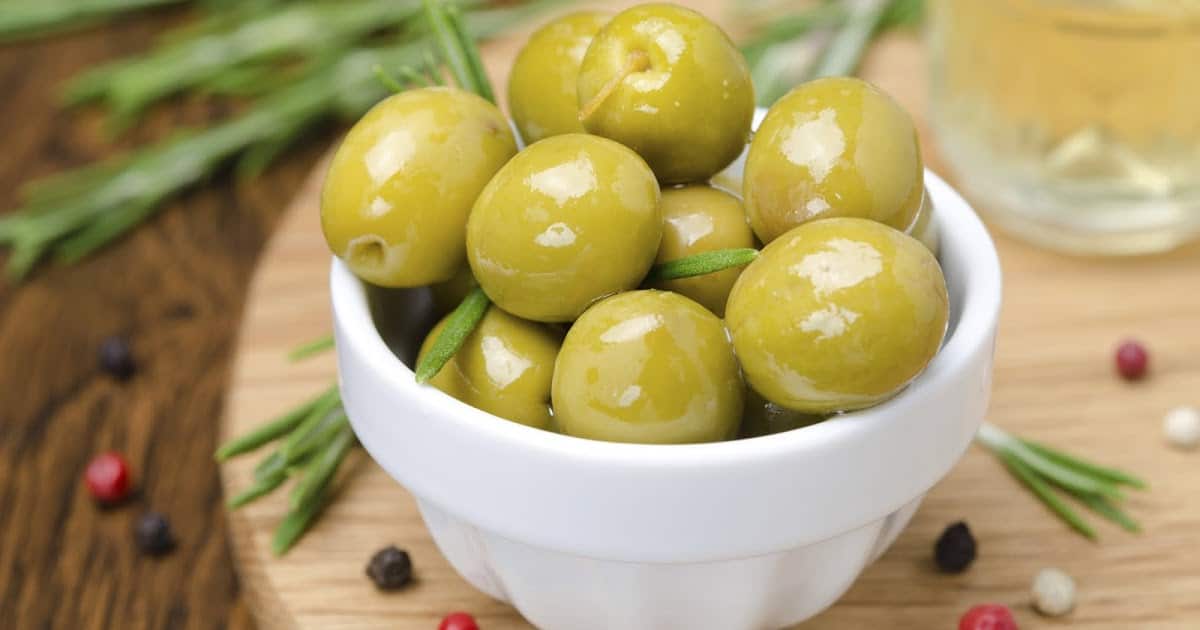
Food is a matter to take into account during pregnancy, particularly with those that are considered dangerous. Among these "forbidden" foods we find smoked meats and especially fish, and salted fish. We explain why they are not recommended and the consequences it can have for the fetus.
Beyond these smoked and salted foods, which we will talk about next, remember that all types of food should be eaten during pregnancy. In a balanced way you have to eat everything, giving some priority to carbohydrates, proteins, vitamins and minerals. At the same time, decrease the consumption of fats and salt.
Why shouldn't you eat smoked and salted fish?

Although many of the foods, which we will call prohibited during pregnancy, are in common use when we are not, we must be careful with them. The reason is that in gestation salted and smoked they can become a risk for the mother, and even greater for the fetus.
Diseases that, without being pregnant, pass like a simple cold and cause hardly any problems, such as listeriosis and toxoplasmosis, if they are contracted in pregnancy and passed to the fetus, they can have serious sequelae: miscarriage, stillbirth, cerebral palsy, blindness, etc.
Two of the diseases caused by the consumption of smoked and salted fish, among other foods, are toxoplasmosis and listeriosis. Other foods, such as raw milk or unwashed fruits and vegetables, can also cause them. In both cases, the mother will have a fever, muscle aches, diarrhea, and a headache.
Salting in pregnancy

One of the foods that should be consumed with caution during pregnancy are the salted fish. In addition, these have not been subjected to any cooking process so they can be transmitters of anisakis. However, oily fish provides a quantity of omega 3 fatty acids, which can be found with nuts, cereals, pumpkin seeds and eggs.
On the other hand, salted foods contain too much salt. The excessive consumption of salt during pregnancy is harmful for the mother that could have consequences of hypertension, fluid retention and kidney problems. However, it is not about eliminating it from the diet in a radical way, unless the doctor prescribes it.
All the salted olives are natural sources of vitamin A and C, calcium, iron and thiamine, and its nutritional contribution is rapidly assimilated by the body as a whole. Some nutritionists found that consuming approximately 6 to 7 of them per day would help to significantly lower blood pressure. Its consumption during pregnancy will protect children from some allergies and asthma, thanks to its antioxidant properties.
Smoked foods out of the diet of pregnant women

Smoked foods are foods that have been exposed to a source of smoke, usually wood, for cooking. In general they have certain risks to health in general, for the high in chemicals that are used to help smoke them. Therefore, they must be limited during pregnancy.
During pregnancy you have to avoid smoked fish and shellfish, salmon, trout, cod, tuna, mackerel…. Nor do you have to take raw meat derivatives, cooked if you can, such as frankfurters or others. You should not take undercooked or raw meats, or uncooked cured sausages such as serrano ham, chorizo, salami. If the mother is immune to toxoplasmosis, she can eat rare, but cooked meat. The parasite Toxoplasma gondii dies after 70 degrees, but it resists freezing well in the home refrigerator.
Besides smoked foods pose a risk of food poisoning, such as botulism, but it does not affect the fetus even when the mother has contracted the disease. In addition, some smoked foods, such as seafood, can cause allergies, even if you did not have them before.